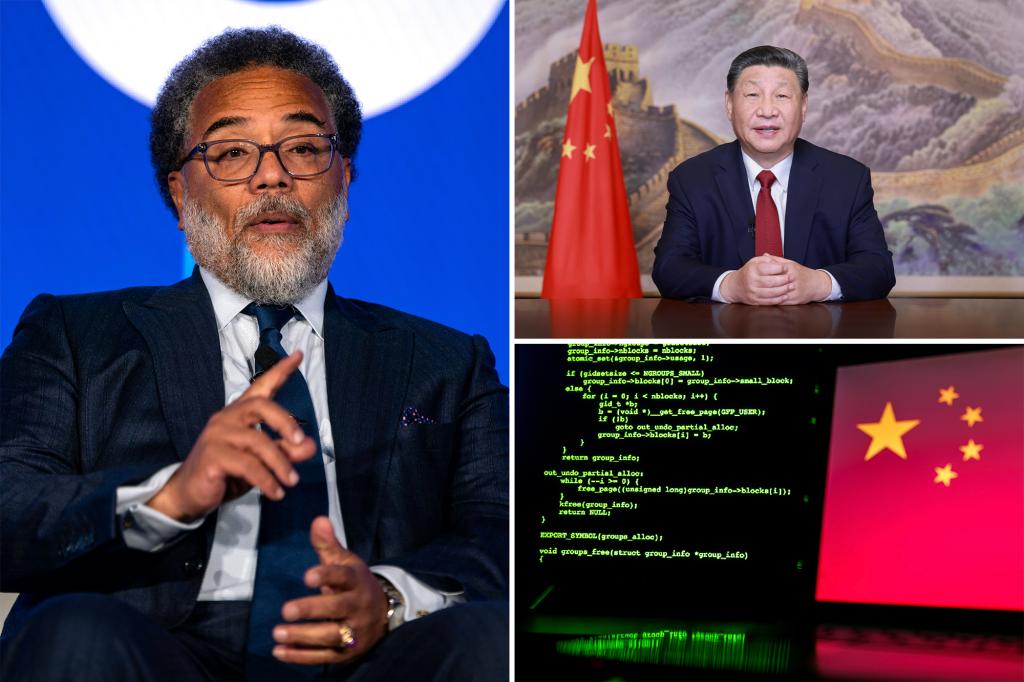Harry Coker, the outgoing national cyber director, delivered a stark warning about the escalating cyber threats facing the United States and outlined three critical areas for improvement: increased funding, streamlined regulations, and a shift in cybersecurity hiring practices. He emphasized the need for these changes in light of the persistent and sophisticated attacks launched by adversaries like China, Russia, and Iran against critical U.S. digital infrastructure. Coker’s remarks, delivered at an event hosted by the Foundation for Defense of Democracies, underscored the urgency of addressing these vulnerabilities to protect national security and economic interests.
Coker’s first point of concern centered on the need for increased cybersecurity funding. While acknowledging the current fiscal constraints and the importance of deficit reduction, he stressed the paramount importance of prioritizing cybersecurity within existing budgets. He argued that inadequate funding would leave the nation vulnerable to increasingly sophisticated and damaging cyberattacks, potentially crippling critical infrastructure and compromising sensitive data. The call for increased funding reflected a growing recognition within the government and the private sector that cybersecurity is not merely an IT issue but a fundamental national security imperative.
The second area requiring significant reform, according to Coker, is the complex and often duplicative regulatory landscape governing cybersecurity. He argued that excessive regulation diverts valuable time and resources away from core security functions. Coker cited feedback from industry professionals who reported spending a staggering 30% to 50% of their time on compliance activities, rather than focusing on proactively defending against cyber threats. He advocated for streamlining regulations and fostering greater collaboration between government agencies and the private sector to create a more efficient and effective regulatory framework. Coker highlighted previous bipartisan efforts to address this issue through legislation, expressing disappointment that these efforts had not yet yielded results, but encouraging the incoming administration and Congress to prioritize this critical area.
Coker’s third recommendation addressed the significant talent shortage plaguing the cybersecurity industry. With nearly half a million unfilled cybersecurity positions nationwide, he called for a fundamental shift in hiring practices. Specifically, he urged a move away from requiring four-year college degrees and instead prioritizing skills and experience. This approach, he argued, would significantly expand the talent pool by opening opportunities to individuals who possess the necessary skills but lack a traditional college education. Coker pointed to the federal government’s efforts to remove degree requirements for federal employees and contractors as a positive example for the private sector to emulate. He emphasized that many capable individuals may not have the time or resources to pursue a four-year degree but could acquire the necessary skills through alternative pathways, such as two-year programs or apprenticeships.
The urgency of Coker’s recommendations was underscored by the recent revelation of a major cyberattack, dubbed Salt Typhoon, attributed to Chinese intelligence. This attack targeted nine major US telecommunications companies, compromising sensitive communications, including those of senior government officials and political figures. The attackers also gained access to information about ongoing Justice Department wiretaps, providing them with valuable intelligence on U.S. counterintelligence efforts. This incident, along with other recent attacks targeting the Treasury Department and Commerce Secretary Gina Raimondo, highlighted the growing sophistication and aggressiveness of Chinese cyber espionage activities.
These attacks demonstrate the real-world consequences of inadequate cybersecurity investment and the persistent threat posed by nation-state actors. The Salt Typhoon incident showcased the vulnerability of critical infrastructure and the potential for adversaries to gain access to highly sensitive information, impacting national security and potentially compromising ongoing investigations. The attacks on government agencies, including the Treasury and Commerce Departments, further highlight the persistent targeting of government networks and the need for robust defenses to protect sensitive data and government operations. These incidents, along with the ongoing targeting of State Department officials and members of Congress, paint a concerning picture of the breadth and depth of Chinese cyber espionage activities.
In conclusion, Harry Coker’s parting message as national cyber director emphasized the critical need for a multi-pronged approach to address the growing cyber threat landscape. His recommendations for increased funding, regulatory reform, and a skills-based approach to hiring represent essential steps towards strengthening the nation’s cyber defenses and mitigating the risks posed by increasingly sophisticated and persistent adversaries. The recent wave of cyberattacks, particularly the Salt Typhoon incident, underscores the urgency of these recommendations and the potential consequences of inaction. By prioritizing these areas, the United States can better protect its critical infrastructure, sensitive data, and national security interests in the face of evolving cyber threats.










